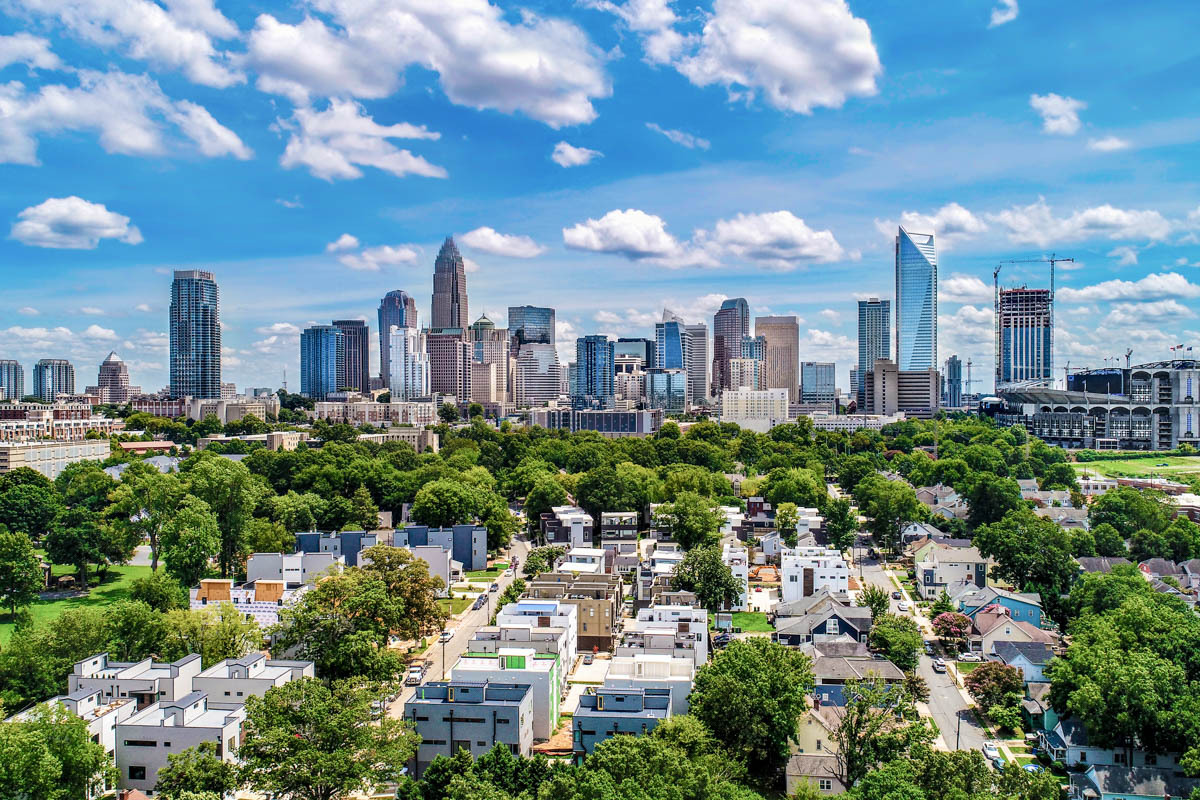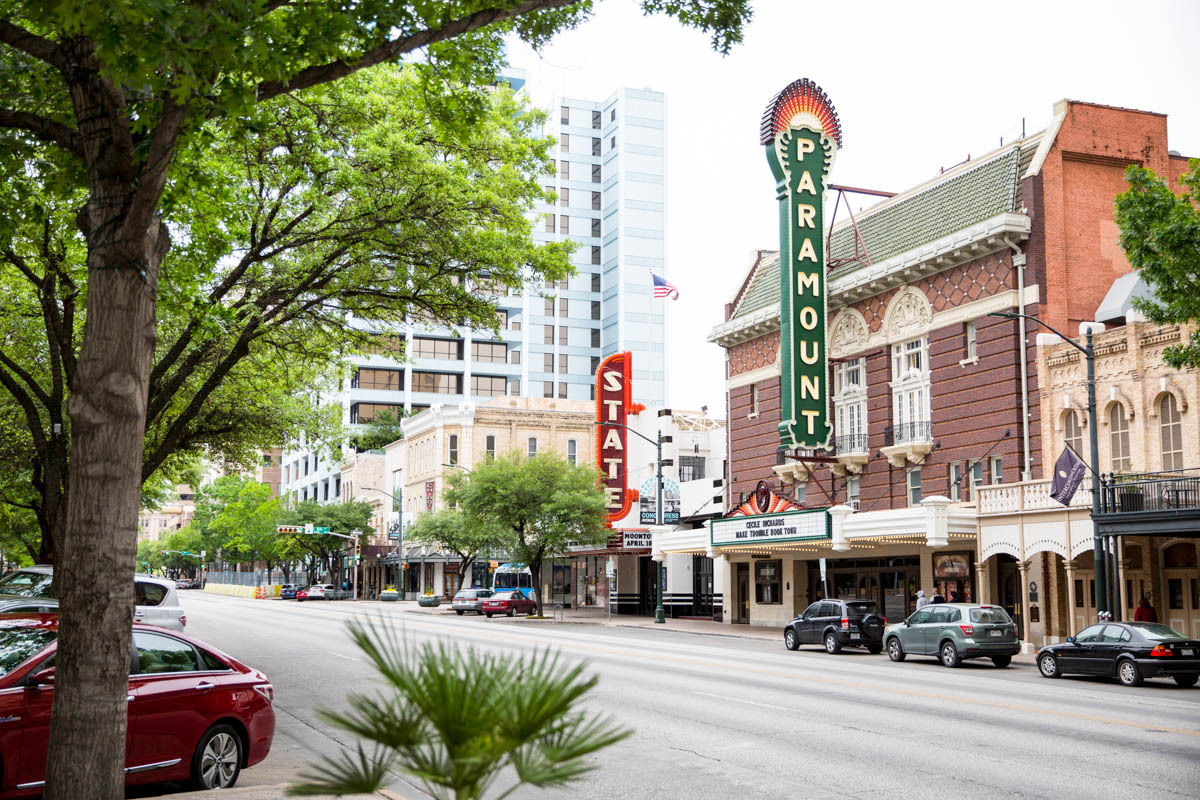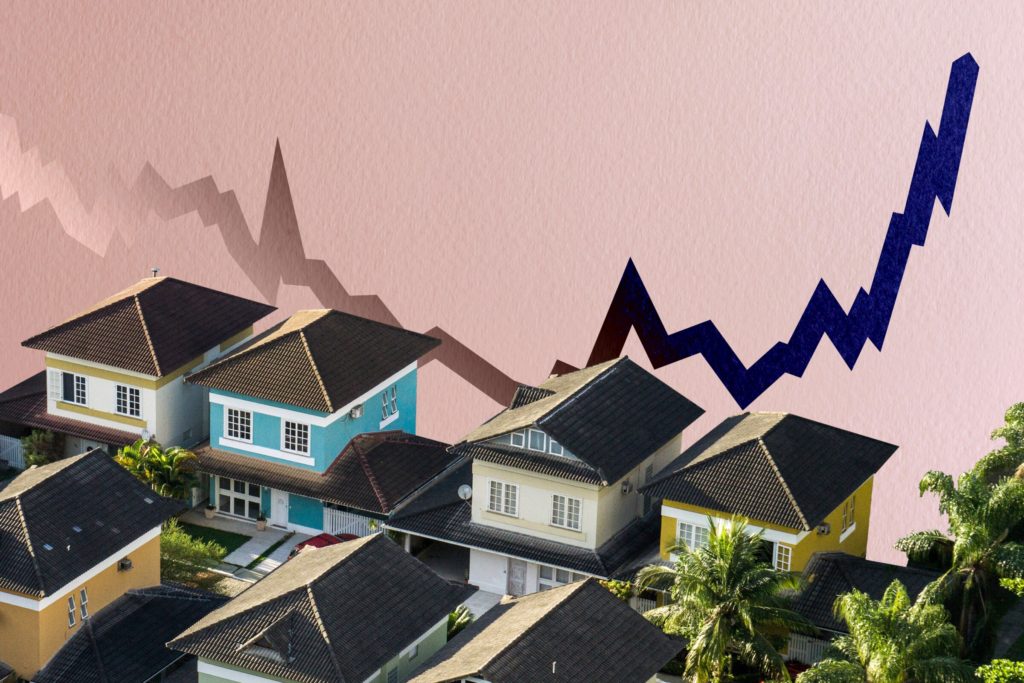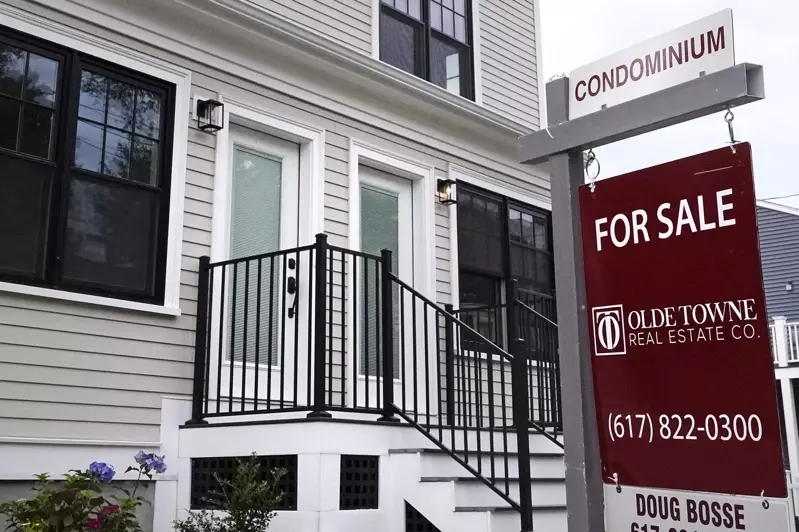
Source: Zillow
Sun Belt cities — the region in the U.S. that stretches across the nation’s southern tier — topped the list of moving destinations in 2021 and will likely remain the top 10 places with the most competitive housing markets in 2022, according to Zillow researchers.
Movers flocked to more affordable, medium-sized metros across the Sun Belt in 2021, including Dallas, Charlotte and Sarasota, drawn in by relative affordability and weather that allows them to enjoy the outdoors year-round. In 2022, smaller Sun Belt cities near those destinations are likely to be among the most popular destinations for home shoppers.

Charlotte, North Carolina ranks fifth in Zillow’s list of the hottest housing markets in 2022.
“The pandemic brought an acceleration of trends we were seeing in 2018 and 2019,” said Zillow senior economist Jeff Tucker. “More affordable, medium-sized metro areas across the Sun Belt saw significantly more people coming than going, especially from more expensive, larger cities farther north and on the coasts. The pandemic has catalyzed purchases by millennial first-time buyers, many of whom can now work from anywhere.”.
Home shoppers who are planning to buy a home in some of the nation’s sunniest cities are likely to face tougher competition and higher prices in 2022 than they have in the past.

These hot markets, where home values are expected to appreciate at a faster rate than the rest of the nation, are:
“Home buyers are attracted to markets in the Sun Belt that offer relative affordability, thriving economies and year-round outdoor living,” said Zillow economist Alexandra Lee. “Across the board, sellers will remain in the driver’s seat, but especially so in the hottest markets. Buyers should be ready for strong competition for homes, which means bidding wars and homes flying off the market only days after they are listed.”
Tampa, on Florida’s Gulf Coast, nabbed the top spot as “hottest” housing market for several reasons: the number of potential buyers, a relative scarcity of homes, fast-paced home sales, a thriving job market and forecasted home value increases that exceed 24%.
Zillow economists predict that national home values will grow by 14.3% in 2022, slower than the record-breaking pace of 2021 but still a market where the number of buyers exceeds the number of homes for sale. Each of the top 10 hottest metros are anticipated to exceed that growth.
Nationally, several factors are driving the market: a massive generation of millennials who are reaching peak home-buying years, a wave of baby boomers entering retirement, a strong economic recovery and flexible work arrangements that allow more people to work from home.
The recovering labor market also is contributing to high demand: Six of the 10 markets on Zillow’s list have added more jobs than new homes over the past two years, intensifying the expected competition in these markets.
Some Midwest metros also have been heating up. Kansas City came in at 14th on the list of competitive markets, followed by Columbus (17th) and Indianapolis (18th).
Austin, Texas ranks number 10 in Zillow’s hottest housing markets of 2022.
Austin, last year’s most competitive market fell to No. 10 this year, while Denver fell off the top 10 list, ranking 15th after placing fifth last year.
The markets expected to lose the most mojo in 2022 include New York, San Francisco, Milwaukee, Chicago and San Jose. But that loss is relative: in today’s supercharged housing market, buyers shouldn’t necessarily expect screaming deals in even these cooler markets. Home values are forecasted to grow by at least 10% over the next 12 months in all of these metros except San Francisco (9.9%).
Whether you’re shopping in the hottest housing markets or your own idea of heaven, be prepared for a sellers market in 2022. Every market is different so be sure to discuss specific strategies with your agent.
Research methodology
Zillow analyzed the 50 largest U.S. metro areas to forecast the hottest, or most competitive, housing markets of 2022. The analysis incorporates expected home value appreciation from November 2021 to November 2022, the anticipated change in home value appreciation from 2021, the flow of for-sale inventory, an estimate of the net new number of home-owning households based on current demographic trends and new jobs per new housing unit permitted.

Fannie Mae: A recession is likely in 2023, but the hot housing market should cushion the blow
Source: Fortune
Inflation is hitting consumers hard, with prices rising at their fastest rate in four decades. Both the Federal Reserve and the White House have made countering runaway inflation their top economic priority by steadily raising interest rates, but it seems that some degree of economic decline within the next two years is all but inevitable.
The biggest fears are that a contraction in 2023 might match the impact of the Great Recession. But this isn’t 2008, and there is one crucial economic metric that could prove to be the difference-maker between a severe recession and a moderate one: the red-hot U.S. housing market.
In its latest economic and housing outlook report, mortgage giant Fannie Mae concedes that a “soft landing” for the economy—wherein inflation dissipates without forcing a significant decline in economic activity—is now doubtful. But because of the housing market, a “modest recession” will likely be on the cards for the latter half of 2023.

Demand for new homes will likely continue to outpace supply in the near future, which will be a driving factor in keeping prices and economic activity high through to 2023, according to the company.
Home prices are expected to keep rising for the foreseeable future, albeit at a slower rate than they have in the recent past due to higher mortgage rates tempering demand.
“Mortgage rates have ratcheted up dramatically over the past few months,” Doug Duncan, senior vice president and chief economist at Fannie Mae, said in a press release. “Consequently, we expect home sales, house prices, and mortgage volumes to cool over the next two years.”
In light of the higher mortgage rates, home prices are expected to rise 14.9% between March 2022 and March 2023, according to a recent forecast by online real estate company Zillow, down from its 17.8% price rise prediction last month.

This deceleration of prices will likely lead to a slowdown in activity—there is already some evidence of home prices cooling—but it likely won’t be enough to see the housing market contract and crash as it did in 2008.
In the months leading up the Great Recession, the U.S. housing market had already flipped from a historic run into a slum. That’s not the case right now: Home prices continue to surge, with prices up 19.2% year over year.
That might not be great news for prospective homebuyers who have to navigate high prices and fervent competition, but from a macro perspective, a strong housing market could be what pulls the U.S. back from a dire recession.


